9.7 Support local policymaker understanding of the cost-effectiveness of water quality protection policies
Key Message: Supporting policymakers with the best available science and information about cost-effective nutrient management strategies—and communicating those concepts clearly and consistently through trusted advisors—can lead to water quality outcomes with a high return on investment.
Importance
Water policy is central to Florida’s trillion-dollar economy, vibrant communities, and quality of life. Healthy waters sustain the state’s key economic drivers: tourism, recreation, and agriculture. Once water quality becomes impaired, it is difficult and costly to restore. Recent harmful algal blooms have elevated water quality protection as a top policy issue in Florida. Community-driven demand for cleaner water has also energized political leadership in Sarasota County, including congressional representatives, state legislators, county commissioners, and city council members.
Effective policymaking can be hindered by knowledge gaps, uncertainty, complexity, and competing priorities. State-level legislative preemptions further challenge local policymakers by limiting their ability to enact and enforce stronger environmental protections tailored to local needs. Providing policymakers with clear, unbiased, and science-based information about cost-effective nutrient management strategies can improve decision-making and yield high-impact outcomes (see Chapter 9.2).
Overview
The science informing water policy can be complex. Policymakers receive information from a wide range of sources—policy briefs, white papers, lobbyists, nonprofits, academic experts, and constituents. This information can vary in accuracy, completeness, and bias. While policymaker staff often provide analysis and options, decision making is complex and key insights may be inadvertently overlooked.
Moreover, policymakers frequently hear from constituents with narrow or competing interests. Although written materials like white papers are valuable, many policymakers rely on trusted advisors for deeper understanding and context. Person-to-person communication allows for more effective knowledge transfer, building trust, and enabling more nuanced policymaking. Sometimes, retired experts are viewed as particularly objective and unbiased, with the freedom to speak truth to power—making them valuable contributors to these conversations.
Approach
Since the initial release of the Community Playbook for Healthy Waterways, trusted community leaders and water quality experts have used it as a reliable resource to guide policymaking at both local and state levels.
Shifting from reactive to proactive policymaking can improve water quality outcomes and increase return on investment. This requires recognizing and addressing both external and internal threats to effective decision-making. External threats include state preemptions that limit local authority. Local legislative priorities should include preserving the right to enact and enforce stricter environmental regulations when needed. Internally, policies should support the flow of actionable information from staff to leadership.
Water quality experts should be encouraged to build long-term relationships with policymakers. A communication workshop could help train these experts to share scientific information effectively and constructively. Regular (e.g., monthly) meetings with policymakers can provide ongoing support and build trust, rather than limiting engagement to moments when specific decisions are pending.
Polling policymakers on their preferred modes of communication and information delivery could help open the most effective channels. Offering an introductory series of water-focused seminars (e.g., a Water 101) for new policymakers and administrators could further support informed decision-making.
Resources
Status
Implementation
Performance Measure
- Communications workshop
- Number of interactions between water quality experts and policymakers
- Number of policymakers participating in a Water 101
Experts or Leads
Environment Florida
Florida Conservation Voters
UF/IFAS Extension
Science and Environment Council
Cost Estimate
$10,000-$50,000
Related Activities
Other Coordination and Collaboration Activities
9.1 Coordinate regional approaches to identify, prioritize, and implement projects to address impaired waters
[dipi_masonry_gallery images="405,894,447" columns="3" disabled_on="off|off|on" _builder_version="4.16" max_width="100%" max_width_tablet="50%" max_width_phone="65%" max_width_last_edited="on|desktop" module_alignment_tablet="center" module_alignment_phone="center"...
9.2 Coordinate strategic planning for water quality within and across agencies and organizations with local jurisdiction
[dipi_masonry_gallery images="405,894,447" columns="3" disabled_on="off|off|on" _builder_version="4.16" max_width="100%" max_width_tablet="50%" max_width_phone="65%" max_width_last_edited="on|desktop" module_alignment_tablet="center" module_alignment_phone="center"...
9.3 Inventory, develop, and coordinate grant funding
[dipi_masonry_gallery images="405,894,447" columns="3" disabled_on="off|off|on" _builder_version="4.16" max_width="100%" max_width_tablet="50%" max_width_phone="65%" max_width_last_edited="on|desktop" module_alignment_tablet="center" module_alignment_phone="center"...
9.4 Support a common publicly accessible website for data storage, visualization, and information sharing
[dipi_masonry_gallery images="405,896,447" columns="3" disabled_on="off|off|on" _builder_version="4.16" max_width="100%" max_width_tablet="50%" max_width_phone="65%" max_width_last_edited="on|desktop" module_alignment_tablet="center" module_alignment_phone="center"...
9.5 Increase capacity of area water quality professionals by supporting strong informational and professional networks
[dipi_masonry_gallery images="405,896,447" columns="3" disabled_on="off|off|on" _builder_version="4.16" max_width="100%" max_width_tablet="50%" max_width_phone="65%" max_width_last_edited="on|desktop" module_alignment_tablet="center" module_alignment_phone="center"...
9.6 Develop and deliver collaborative water quality education and outreach using local partnerships and networks
[dipi_masonry_gallery images="405,896,447" columns="3" disabled_on="off|off|on" _builder_version="4.16" max_width="100%" max_width_tablet="50%" max_width_phone="65%" max_width_last_edited="on|desktop" module_alignment_tablet="center" module_alignment_phone="center"...




